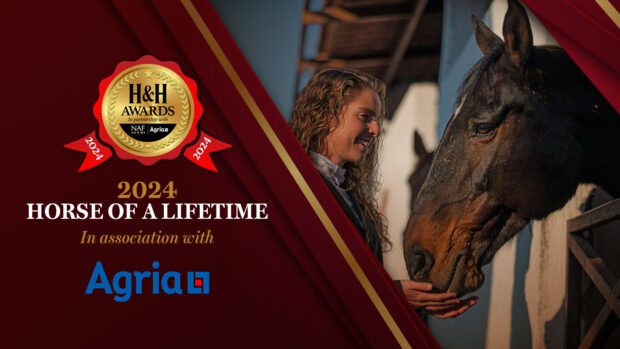Few recognise that 24-hour emergency vet care is a privilege or realise that it doesn’t exist in some other countries. But, due to pressures created by European legislation, the emergency cover we take for granted could be threatened.
Our ethical duty
The UK veterinary profession provides round-the-clock cover, but there is no law that requires vets to do so. It is provided because members have always considered it an
ethical duty.
EU dictats
In 1998, the European Commission (EU) imposed the Working Time Directive on the UK, which became known as the Working Time Regulations (WTR). The WTR dictates no one must work more than a total of 48 hours per week and all workers must have an 11-hour rest period every day.
Current practice
At present, the average equine vet works a 45-hour week and, in addition to that, does 37 hours on call (2006 RCVS Manpower survey). This is an average of 82 hours per week.
The status of on-call time is unclear, but it could mean that the average equine vet is doing almost twice the maximum weekly hours permitted in law.
Problems arise
The main difficulty for equine practices is providing the compulsory 11-hour daily rest period.
This, coupled with the increasing demands and expectations from owners, has led the Royal College of Veterinary Surgeons (RCVS) to set up a consultation exercise on the future of the 24-hour commitment. This will be conducted by an independent consultancy. Options could include:
• Keeping the current system despite incompatibilities with the WTR.
• Removal of obligations to provide the service.
• Permitting practices in remote areas to opt out.
The good news
There is some light at the end of the tunnel, however. The WTD directive has caused disruption throughout Europe — 25 of the 27 member states have infringement proceedings lodged against them for failing to enforce it — and it seems the legislation may soon be amended to take account of groups like vets who have on-call commitments.
What can the average horse owner do to help?
• Don’t abuse your vet’s emergency service. Remember, calling out a vet for a minor problem may result in attendance at a serious case being delayed.
• To keep the overheads of providing a 24-hour service down, support your local practice with as much of your routine work as you can. Try to source medicines and wormers from that practice.
• If you are concerned the European WTD may result in the loss of this invaluable service in the UK, write to your MEP or MP.
Opinions expressed here are those of the author, who is a member of the Council of the RCVS
For this article in full, see the current issue of Horse & Hound (6 November, ’08)




